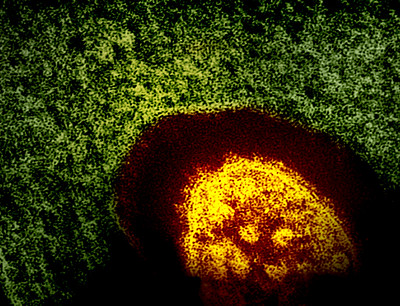%20(1).jpg)
A study conducted at a sexual health clinic in San Francisco found sustained significant declines in cases of chlamydia and syphilis among those who used doxycycline post-exposure prophylaxis (doxy-PEP) nearly 2 years after it was introduced, with a smaller effect on gonorrhea, researchers reported yesterday in Clinical Infectious Diseases.
In the study, researchers with the University of California, San Francisco and the San Francisco Department of Public Health analyzed data on 2,524 doxy-PEP users and 2,068 non–doxy-PEP users in San Francisco over 96 weeks after the intervention—which involves taking a dose of doxycycline within 72 hours of unprotected sex—was offered to all patients at a large sexual health clinic in the city. Implementation of the intervention was based on a randomized trial, conducted in San Francisco and Seattle, that in 2023 showed significant declines in chlamydia, syphilis, and gonorrhea among doxy-PEP users compared with those who received standard care.
Using an interrupted time series analysis, the researchers compared sexually transmitted infection (STI) rates in the five quarters before and after the introduction of doxy-PEP to determine whether the large declines initially observed after the release of citywide doxy-PEP guidelines were sustained.
Dramatic decline in rates of chlamydia, syphilis
The analysis showed a significant decline in all individual STIs in the doxy-PEP group, most notably (83%) for combined rates of chlamydia and syphilis (adjusted odds ratio [AOR], 0.17; 95% confidence interval [CI], 0.12 to 0.25) and less for gonorrhea (AOR, 0.56; 95% CI, 0.44 to 0.71). STI rates in doxy-PEP users after initiation were statistically similar to those in patients who never took doxy-PEP, despite a greater number of condomless sex partners over the same period.
The study authors note that while gonorrhea rates did initially decline in users after starting doxy-PEP, they began to increase again toward the end of the analysis, which could indicate that gonorrhea resistance to doxycycline is increasing.
"As doxy-PEP uptake increases globally, future studies should examine doxy-PEP adherence, effectiveness, and impact on antimicrobial resistance," they wrote.















